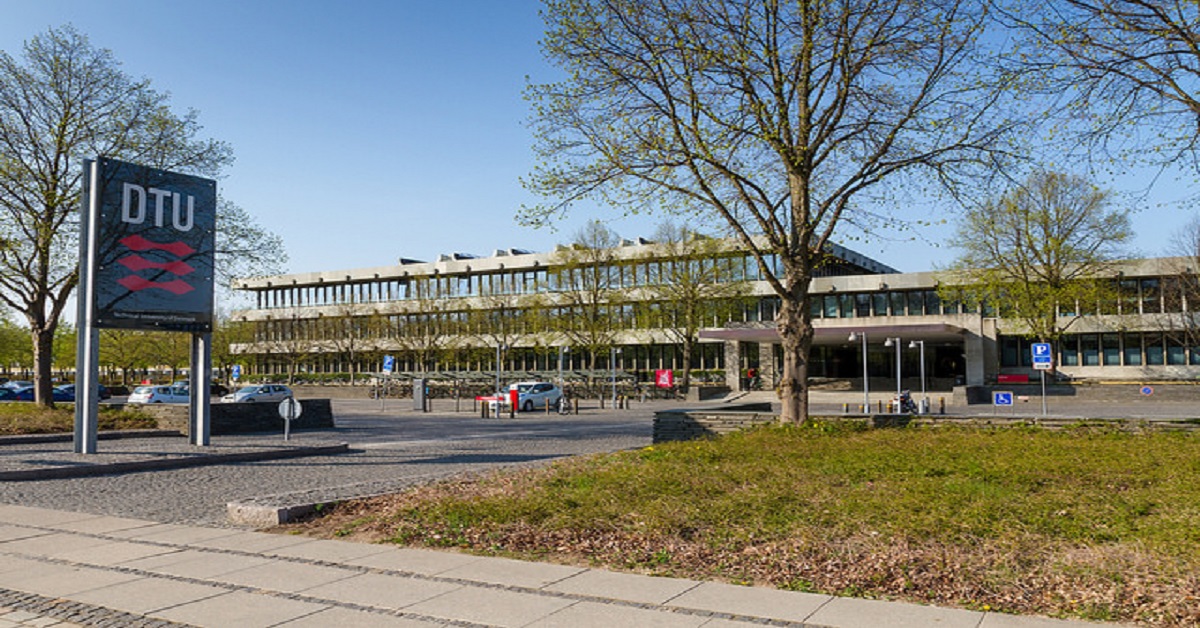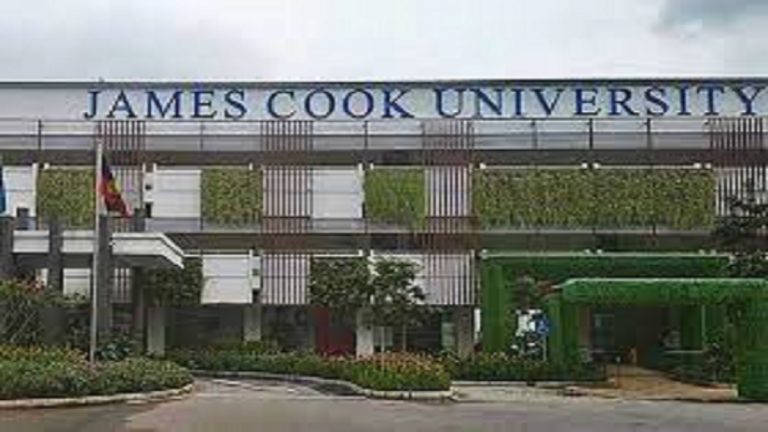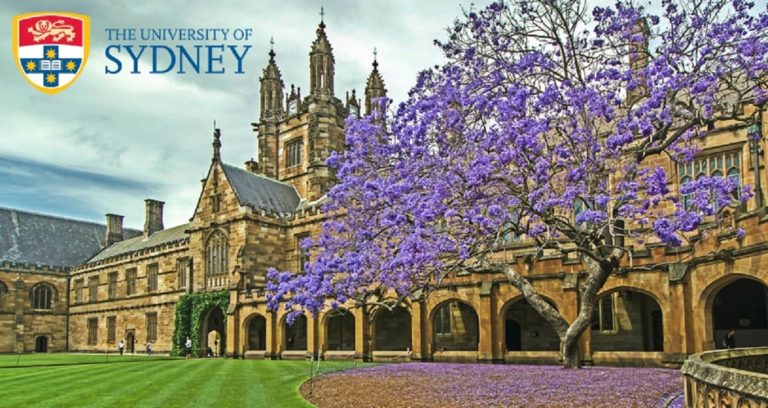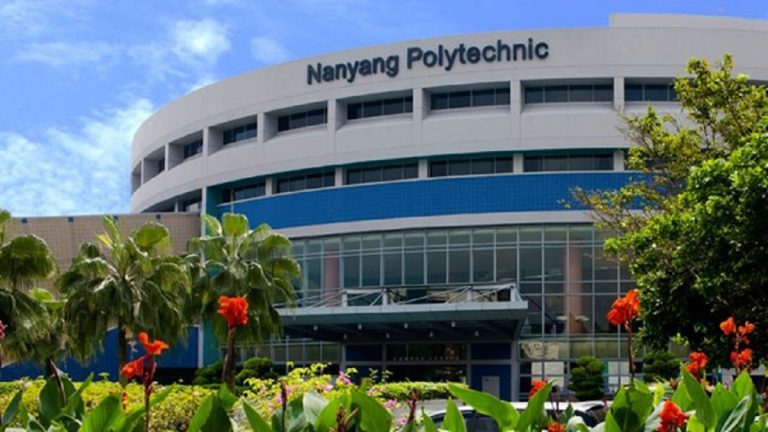
PhD position in advanced material synthesis for next-generation bio-magnetometers assessing its potential for magnetoresistive sensors.
Do you want to contribute to a future where we can potentially understand diseases in the human brain by measuring the tiny magnetic fields created by neurons? Or use magnetometry to visualize the inner processes in energy devices such as solid-state batteries during (dis)charging?
At DTU Energy, our research is targeting exactly this, and to reach these goals, we are looking for a new PhD student to 1) synthesize novel oxide materials through combinatorial material synthesis, 2) shape these into exotic devices geometrically designed with machine learning and 3) test the magnetoresistive performance. The ultimate goal of the project is to realize a new class of magnetoresistance that is superior to, e.g., the giant magnetoresistance (Nobel price in 2007) as well as assessing its potential for magnetoresistive sensors.
Responsibilities and qualifications
The primary tasks will be to:
- Synthesize a catalog of oxide heterostructures with atomic layer control using pulsed laser deposition with combinatorial material synthesis capabilities as well as with state-of-the-art molecular beam epitaxy.
- Shape the materials into oxide/metal hybrid devices with geometrically optimized designs provided by theoretical colleagues.
- Use above approaches to realize a new class of magnetoresistance and characterize the magnetoresistive properties using electrical measurements in magnetic fields up to 16T.
- Assess the potential for using the new class of magnetoresistance for highly sensitive magnetometers.
You will work in a large team and must therefore both thrive with team-based research as well as contributing to make a productive and pleasant research environment. During the project, you will work closely together with theoretical colleagues that propose optimized designs for your sensors, and both receive and provide help to fellow experimental colleagues. You will also have the opportunity to carry out simulations with our pre-established numerical model, if you so desire.
You must have a two-year master’s degree (120 ECTS points) in physics, nanoscience, material science, chemistry or a similar degree with an academic level equivalent to a two-year master’s degree.
Qualified applicants must have:
- A strong drive to move the frontiers of science.
- Experience with one or several of the core subjects for this position, including materials science, electromagnetism, magnetotransport, micro/nano-fabrication and programming.
- Ability to work both independently and in a dynamic team as well as to plan and carry out complicated tasks.
- Good communication skills in English, both written and spoken.
Approval and Enrolment
The scholarship for the PhD degree is subject to academic approval, and the candidate will be enrolled in one of the general degree programmes at DTU. For information about our enrolment requirements and the general planning of the PhD study programme, please see DTU’s rules for the PhD education.
What we offer
DTU is a leading technical university globally recognized for the excellence of its research, education, innovation and scientific advice. We offer a rewarding and challenging job in an international environment where you will be a key person in the vibrant team formed from two large projects. Importantly, within this team we will work closely together towards a common goal of breaking the sensitivity limits of magnetic field sensor. We strive for academic excellence in an environment characterized by collegial respect, academic freedom and ample opportunities for high-impact publications.
Salary and appointment terms
The salary and appointment terms are consistent with the current rules for PhD students in Denmark. The position is for a fixed duration of 3 years.
The expected starting date is in the autumn of 2022, but we are flexible with the exact starting time.
Further information
Please contact Senior Researcher Dennis Christensen, +45 20 96 19 46, [email protected] or Prof. Nini Pryds, +45 22 19 57 52, [email protected].
Please do not send applications to this e-mail address, instead apply online as described below.
If you are applying from abroad, you may find useful information on working in Denmark and at DTU at DTU – Moving to Denmark. Furthermore, you have the option of joining our monthly free seminar “PhD relocation to Denmark and startup “Zoom” seminar” for all questions regarding the practical matters of moving to Denmark and working as a PhD at DTU.
Application
Your complete online application must be submitted no later than 10 August 2022 (Danish time).
Applications must be submitted as one PDF file containing all materials to be given consideration. To apply, please open the link “Apply online”, fill out the online application form, and attach all your materials in English in one PDF file. The file must include:
- A letter motivating the application (cover letter)
- Curriculum vitae
- Grade transcripts and BSc/MSc diploma (in English) including official description of grading scale
You may apply prior to obtaining your master’s degree but cannot begin before having received it.
Applications received after the deadline will not be considered.
All interested candidates irrespective of age, gender, race, disability, religion or ethnic background are encouraged to apply.
DTU Energy
The Department of Energy Conversion and Storage is focusing on functional materials and their application in sustainable energy technology. Our research areas include fuel cells, electrolysis, solar cells, electromechanical converters, sustainable synthetic fuels, and batteries. The Department, which has more than 200 employees, was founded in 2012. Additional information about the department can be found at www.energy.dtu.dk
Technology for people
DTU develops technology for people. With our international elite research and study programmes, we are helping to create a better world and to solve the global challenges formulated in the UN’s 17 Sustainable Development Goals. Hans Christian Ørsted founded DTU in 1829 with a clear vision to develop and create value using science and engineering to benefit society. That vision lives on today. DTU has 13,400 students and 5,800 employees. We work in an international atmosphere and have an inclusive, evolving, and informal working environment. DTU has campuses in all parts of Denmark and in Greenland, and we collaborate with the best universities around the world.
Apply for this job
Apply no later than 10 August 2022
Apply for the job at DTU Energy by completing the following form.


